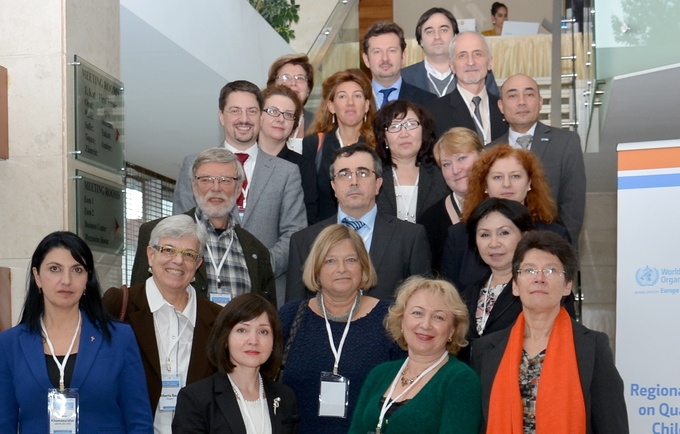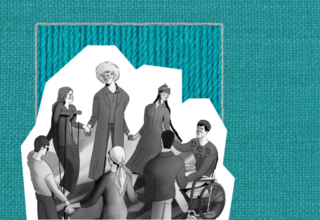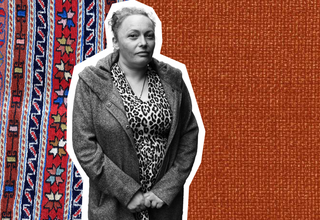ISTANBUL – Scaling-up efforts to improve the quality of maternal, newborn and child health care and reduce mortality rates among mothers, infants and children in Eastern Europe and Central Asia was the focus of the first meeting of a newly-established inter-agency coordination body in Istanbul on 9-10 December 2014.
The regional Reference Group on Quality of Maternal, Newborn and Child Health Care is a joint initiative of UNFPA, UNICEF and WHO and includes staff from the three participating agencies and leading experts from the region.
Maternal and child health have significantly improved in the region, and mortality rates have decreased but these great achievements mask considerable inequalities in the region, said Heimo Laakkonen, UNFPA’s Regional Director: “Without adequate resources and commitment, the disparities in access to services that already exist between poorer and better-off women—and between poorer and wealthier countries—will grow even wider.”
Quality of care remains a concern in the region, he said, stressing that there is significant room for improvement in the current quality management systems and tools.
The Reference Group will ensure better coordination and harmonization of the work done by the different agencies involved, and will integrate quality improvement initiatives in one comprehensive vision for the region, said Laakkonen.
The Group’s first meeting, hosted by UNFPA, served to review challenges and past experiences, and agree on a workplan for 2015, said Tamar Khomasuridze, UNFPA’s regional Sexual and Reproductive Health Adviser.
The Reference Group will act as an advisory body to the three agencies, advocate for coordinated actions within a comprehensive conceptual framework, and promote quality improvement initiatives aimed at improving maternal and neonatal health.
Its creation was agreed under the Joint Action Framework signed by the Regional Offices of UNFPA, UNICEF and WHO in September 2013 in recognition of the need to work jointly on ensuring access to quality care in Eastern Europe and Central Asia.




